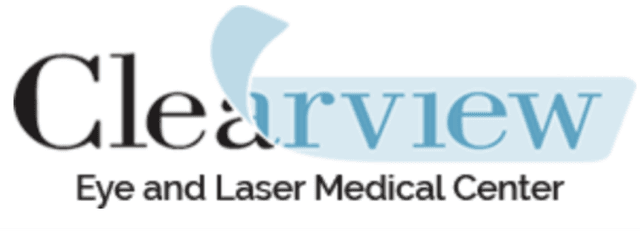


Cataracts are a common eye condition that can cause blurred vision, glare sensitivity, and even blindness if left untreated. While they are often associated with aging, cataracts can develop at any stage of life due to various risk factors, including UV exposure, poor diet, smoking, and underlying health conditions like diabetes. The good news is that cataract prevention is possible with proactive measures. By making simple lifestyle changes and following expert recommendations, you can protect your vision and delay or even avoid cataract formation.
In this article, we will explore how to prevent cataracts, including dietary choices, protective eyewear, and healthy habits that contribute to long-term eye health.
A cataract is a clouding of the eye’s natural lens, leading to impaired vision. It occurs when proteins in the lens break down and clump together, making it difficult for light to pass through clearly.
1. Aging – The most common cause, as the eye's lens becomes less flexible and transparent over time.
2. UV Exposure – Prolonged exposure to ultraviolet (UV) rays can accelerate lens deterioration.
3. Smoking & Alcohol Consumption – These habits increase oxidative stress, leading to cataract formation.
4. Diabetes & High Blood Pressure – Uncontrolled blood sugar levels can damage the eye’s lens.
5. Genetics – A family history of cataracts can increase your risk.
6. Poor Nutrition – A diet lacking in antioxidants and essential vitamins can contribute to early cataract development.
Now that we understand the causes, let's focus on how to prevent cataracts in the eye through practical steps.
One of the easiest ways to protect your eyes is by wearing sunglasses for cataract prevention. UV radiation from the sun can damage the proteins in the eye’s lens, increasing the risk of cataracts.
Your diet plays a crucial role in eye cataract prevention. A well-balanced cataract prevention diet should include antioxidant-rich foods that combat oxidative stress and support overall eye health.
A cataract prevention diet rich in these nutrients can help strengthen the eye’s lens and reduce the risk of cataract development.
Adopting a healthy lifestyle is essential for cataract prevention and overall well-being.
By making these small lifestyle changes, you can significantly improve your eye health and prevent cataracts.
If you have diabetes or high blood pressure, managing these conditions is crucial for how to slow the progression of cataracts. High blood sugar levels can damage the eye’s lens, leading to cataract formation.
Excessive screen time can strain your eyes and contribute to oxidative stress, which may accelerate cataract formation.
Routine eye exams play a crucial role in cataract prevention and early detection. Your eye doctor can identify early signs of cataracts and recommend preventive measures tailored to your needs.
Early detection allows for timely intervention, which can slow the progression of cataracts and preserve your eyesight.
Cataract surgery involves removing the clouded lens and replacing it with an artificial intraocular lens (IOL). This restores clear vision and enhances overall eye health.
Cataracts are a leading cause of vision impairment, but the good news is that they can often be prevented or delayed with proactive care. By following these cataract prevention tips, you can protect your eyes and maintain clear vision for years to come.
If cataracts do develop, cataract surgery is a safe and effective solution to restore your vision.

Call Us: (858) 452-3937
8:30AM - 7:00 PM - Monday through Saturday (Saturday until 11:30AM)